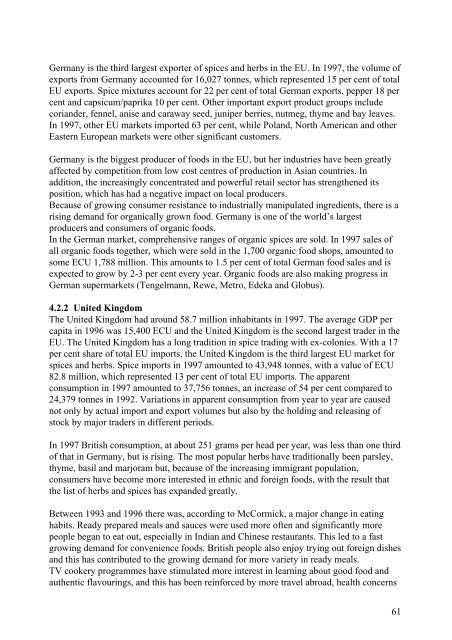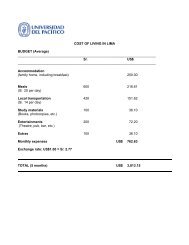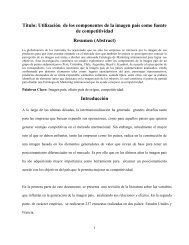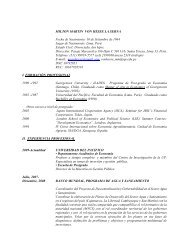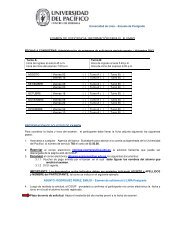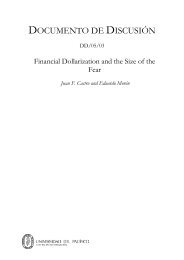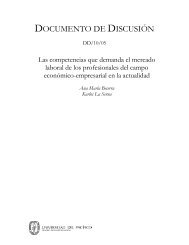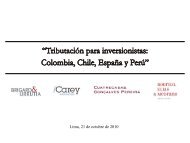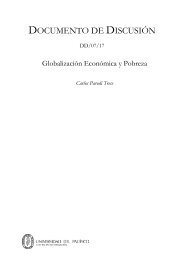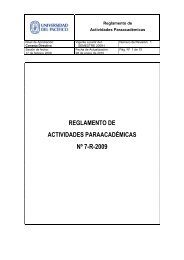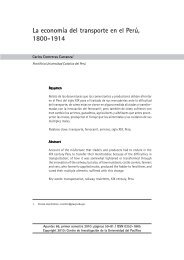Spices and Herbs
Spices and Herbs
Spices and Herbs
Create successful ePaper yourself
Turn your PDF publications into a flip-book with our unique Google optimized e-Paper software.
Germany is the third largest exporter of spices <strong>and</strong> herbs in the EU. In 1997, the volume of<br />
exports from Germany accounted for 16,027 tonnes, which represented 15 per cent of total<br />
EU exports. Spice mixtures account for 22 per cent of total German exports, pepper 18 per<br />
cent <strong>and</strong> capsicum/paprika 10 per cent. Other important export product groups include<br />
cori<strong>and</strong>er, fennel, anise <strong>and</strong> caraway seed, juniper berries, nutmeg, thyme <strong>and</strong> bay leaves.<br />
In 1997, other EU markets imported 63 per cent, while Pol<strong>and</strong>, North American <strong>and</strong> other<br />
Eastern European markets were other significant customers.<br />
Germany is the biggest producer of foods in the EU, but her industries have been greatly<br />
affected by competition from low cost centres of production in Asian countries. In<br />
addition, the increasingly concentrated <strong>and</strong> powerful retail sector has strengthened its<br />
position, which has had a negative impact on local producers.<br />
Because of growing consumer resistance to industrially manipulated ingredients, there is a<br />
rising dem<strong>and</strong> for organically grown food. Germany is one of the world’s largest<br />
producers <strong>and</strong> consumers of organic foods.<br />
In the German market, comprehensive ranges of organic spices are sold. In 1997 sales of<br />
all organic foods together, which were sold in the 1,700 organic food shops, amounted to<br />
some ECU 1,788 million. This amounts to 1.5 per cent of total German food sales <strong>and</strong> is<br />
expected to grow by 2-3 per cent every year. Organic foods are also making progress in<br />
German supermarkets (Tengelmann, Rewe, Metro, Edeka <strong>and</strong> Globus).<br />
4.2.2 United Kingdom<br />
The United Kingdom had around 58.7 million inhabitants in 1997. The average GDP per<br />
capita in 1996 was 15,400 ECU <strong>and</strong> the United Kingdom is the second largest trader in the<br />
EU. The United Kingdom has a long tradition in spice trading with ex-colonies. With a 17<br />
per cent share of total EU imports, the United Kingdom is the third largest EU market for<br />
spices <strong>and</strong> herbs. Spice imports in 1997 amounted to 43,948 tonnes, with a value of ECU<br />
82.8 million, which represented 13 per cent of total EU imports. The apparent<br />
consumption in 1997 amounted to 37,756 tonnes, an increase of 54 per cent compared to<br />
24,379 tonnes in 1992. Variations in apparent consumption from year to year are caused<br />
not only by actual import <strong>and</strong> export volumes but also by the holding <strong>and</strong> releasing of<br />
stock by major traders in different periods.<br />
In 1997 British consumption, at about 251 grams per head per year, was less than one third<br />
of that in Germany, but is rising. The most popular herbs have traditionally been parsley,<br />
thyme, basil <strong>and</strong> marjoram but, because of the increasing immigrant population,<br />
consumers have become more interested in ethnic <strong>and</strong> foreign foods, with the result that<br />
the list of herbs <strong>and</strong> spices has exp<strong>and</strong>ed greatly.<br />
Between 1993 <strong>and</strong> 1996 there was, according to McCormick, a major change in eating<br />
habits. Ready prepared meals <strong>and</strong> sauces were used more often <strong>and</strong> significantly more<br />
people began to eat out, especially in Indian <strong>and</strong> Chinese restaurants. This led to a fast<br />
growing dem<strong>and</strong> for convenience foods. British people also enjoy trying out foreign dishes<br />
<strong>and</strong> this has contributed to the growing dem<strong>and</strong> for more variety in ready meals.<br />
TV cookery programmes have stimulated more interest in learning about good food <strong>and</strong><br />
authentic flavourings, <strong>and</strong> this has been reinforced by more travel abroad, health concerns<br />
61


